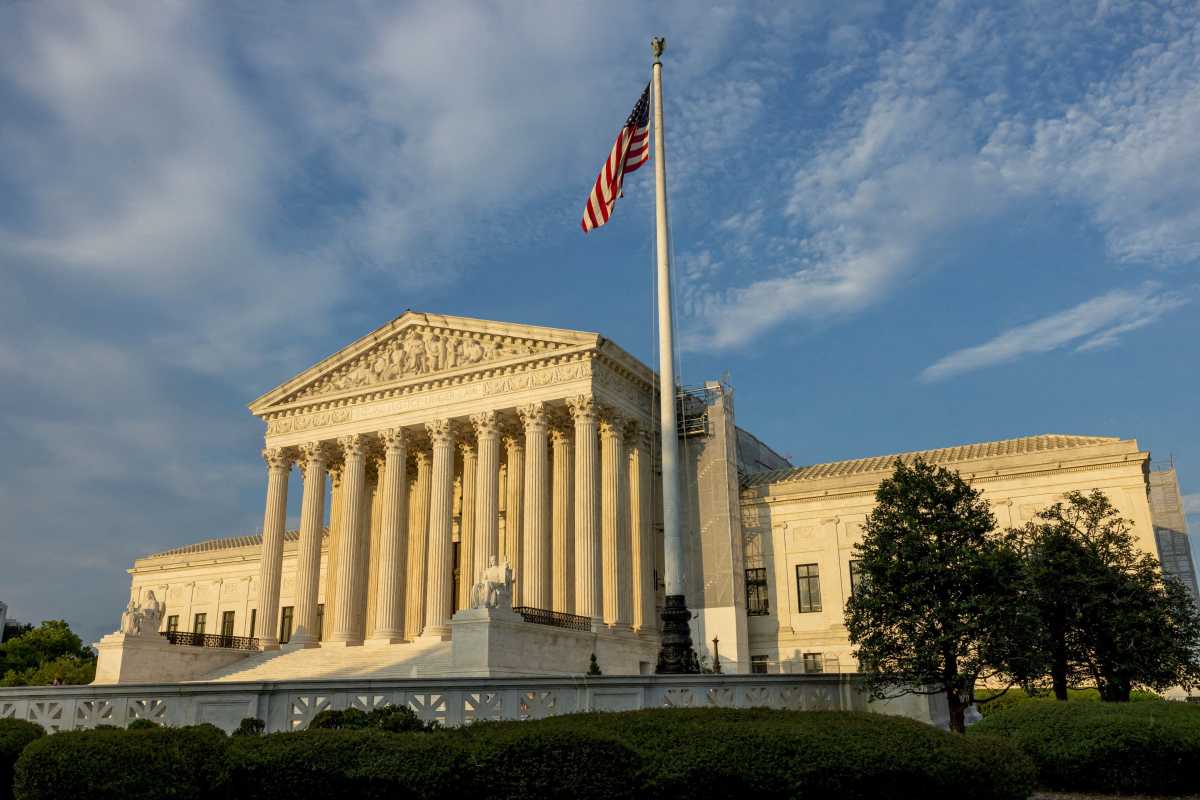The Supreme Court on Nov. 10 denied a petition asking the justices to revisit Obergefell v. Hodges, the 2015 decision extending marriage rights to queer couples nationwide.
The petition was lodged by Kim Davis, a former Kentucky county clerk who rose to prominence when she was jailed for refusing to issue marriage licenses to same-sex couples. Davis, in her petition, had also asked the court to consider reversing hundreds of thousands of dollars in fines and attorney fees related to her refusal to issue marriage licenses to gay couples.
Four justices would have had to agree to revisit the case in order for it to move forward. The court offered no comment on its decision.
In 2015, the Supreme Court ruled 5-4 in favor of extending marriage equality nationwide as a right under the Due Process Clause and the Equal Protection Clause of the Fourteenth Amendment of the Constitution.
In her long-shot petition, Davis — backed by Liberty Counsel — made the case that the decision was wrong “because it was grounded entirely on the legal fiction of substantive due process,” and that Obergefell should be overturned “because the right articulated is neither carefully described nor deeply rooted in the nation’s history.”

The petition also argued that Obergefell should be reversed “because the Constitution makes no reference to same-sex marriage and no such right is implicitly recognized by any constitutional provision.”
In 2022, Congress passed the Respect for Marriage Act, which added protections for married couples by requiring states to respect existing same-sex and interracial marriages. Then-President Joe Biden signed it into law in December of that year.
In a September interview with Gay City News, Mary Bonauto, one of the attorneys who successfully argued before the court in Obergefell v. Hodges, voiced confidence in the long-term stability of marriage equality in the United States.
“We have strong things to work with here,” Bonauto said. “Obergefell has been easy to implement. It has been positive for couples. It has not resulted in litigation. And it’s widely supported across demographics, including Republicans.”



































